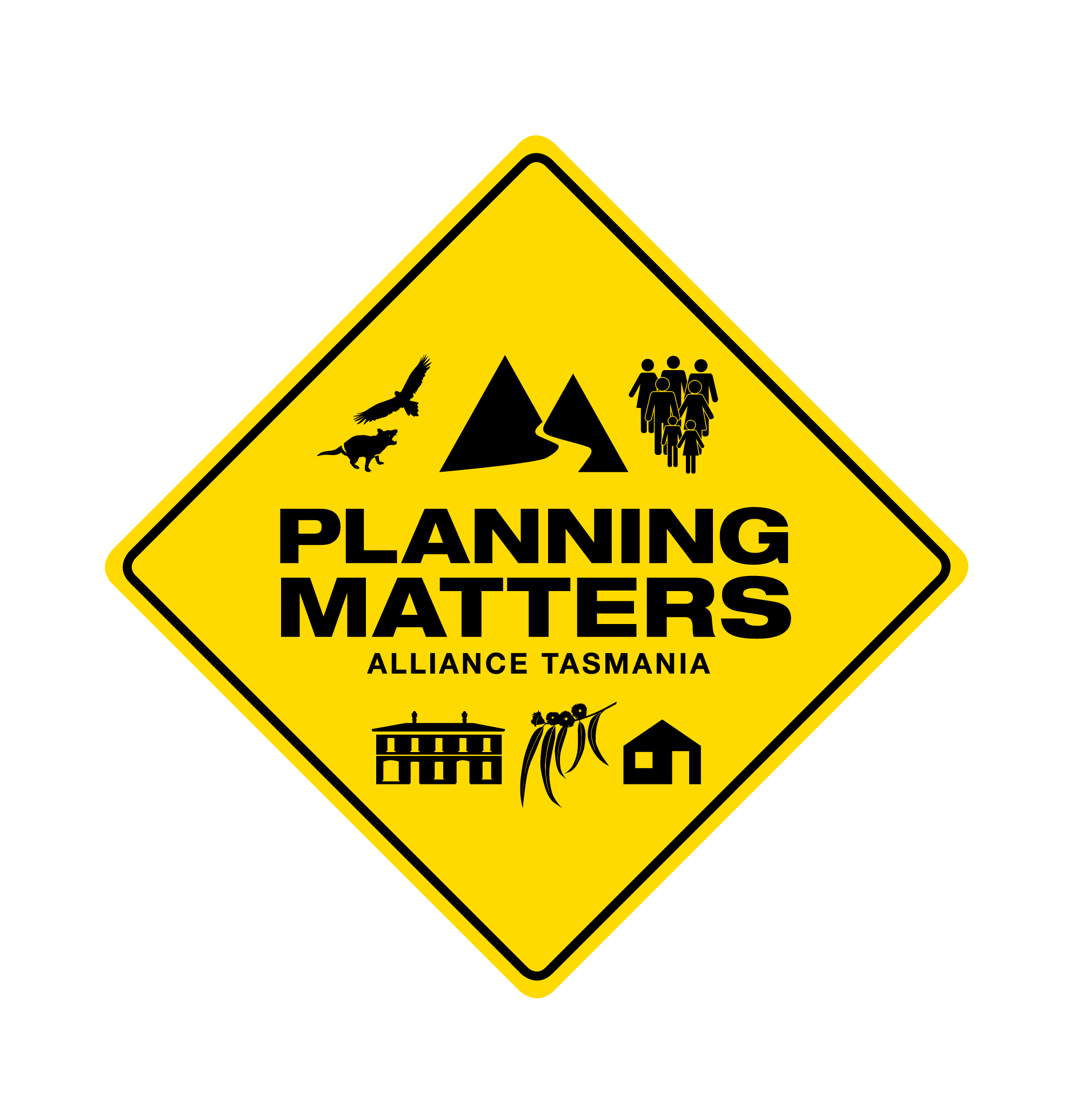- Report & Media Releases
Background Report & Joint Media Releases: Scrap proposed legislation to weaken State Coastal Policy
Media Enquiries
Sophie Underwood
PMAT State Director
sophie_underwood@hotmail.com
0407 501 999
Please share:
The Validation (State Coastal Policy) Bill 2024 was released for very limited public consultation from the 16 July – 1 August 2024 and is available here and here.
The proposed changes will profoundly change the State Coastal Policy and the way our coasts are managed and protected in Tasmania.
- The State Government immediately stops its attempt to amend the Tasmanian State Coastal Policy, ensuring there is no impact to the ongoing Robbins Island Supreme Court case.
- Rather than fast tracking the proposed changes through the Tasmanian Parliament, any proposed changes to the State Coastal Policy must follow the existing robust legislated eight-week public consultation process (with opportunity for public hearings) conducted by the Tasmanian Planning Commission.
- If, as the State Government asserts, the legality of existing structures such as jetties and wharves is in doubt, they have a responsibility to the Tasmanian community to release the legal reasons (if not the legal advice) supporting these assertions to ensure transparency in the proposal.
- Note the Robbins Island wind farm is yet to gain approval from the Australian Government. Thus, there is no immediate need to rush through the proposed changes to the State Coastal Policy.
- The Tasmanian Government has yet to demonstrate the need for this wide-ranging legislation. Evidence must be provided by the Government for the need for the draft legislation to change the State Coastal Policy. The Minister for Renewable Energy and Minister for Parks and Environment Nick Duigan was asked in the Tasmanian Parliament to provide a list of structures that had legal uncertainties (structures such as jetties and wharves). No such evidence has been provided and thus we remain sceptical of the Tasmanian Government’s justification for the proposed changes to the State Coastal Policy.
- Any proposed changes to the State Coastal Policy must be dealt with by the Tasmanian Parliament in one package at the same time, and not by two separate Bills being tabled at different times. The Government’s approach prevents an integrated review of the State Coastal Policy as the second bill is yet to be released. The State Government is proposing to make two lots of changes to the State Coastal Policy – both changes dealt with by separate Bills. The Bill currently out for public comment aims to validate previously approved developments while the yet to be released Bill is expected to create a new assessment and approval processes. The Parliament deserves to see a complete picture of the changes to this important State Policy so it can properly assess whether to approve the draft changes or not.
- We strongly encourage our State Parliamentarians to vote to send any draft legislation to change the State Coastal Policy to Committee for further review. This would at least allow further (but limited) community consultation/engagement. This is especially important as the State Government is choosing not to follow the existing, legislated eight week public consultation process conducted by the Tasmanian Planning Commission. With such an open-ended broad ranging Bill and so many unanswered questions it is critical that it go to committee for proper scrutiny.
- The draft legislation (the Validation (State Coastal Policy) Bill 2024) will potentially provide for a retrospective, blanket approval for all coastal developments statewide since 2009. Such a broad-brush approval undermines previous assessments and permits issued, potentially leading to unintended legal consequences. The Draft Bill provides a retrospective blanket approval for all developments in the coastal zone from 2009 to whenever the Act receives Royal Assent. Section 3 Interpretation of the draft Bill here states that ‘validation period means the period commencing on 25 February 2009 and expiring on the commencement of this Act’ means that anything built during this time, with or without a permit, is suddenly approved taking away any legal recourse.
- The State Government’s claim that no mapping of mobile landforms have been conducted is incorrect, with coastal erosion and inundation mapped statewide and publicly available. Mobile landforms have been mapped for example since 2016 via the Coastal Inundation and Coastal Erosion Hazards Bands outlined on the www.thelist.tas.gov.au. The LIST (Land Information System Tasmania) is a whole-of-government online infrastructure that helps the public find and use information about land and property in Tasmania. See page 17 of the Background Report for further details on the mapping issue and contradictory statement by the State Government.
Image of Robbins Island thanks to Rob Blakers
Related News & Media

Joint Media Release: State Government must scrap its proposed legislation to weaken the Tasmanian Coastal Policy
Tasmanian conservation organisations repeat their call for the State Government to scrap their retrospective legislation to amend the Tasmanian State Coastal Policy, commit to not

Mercury Opinion Piece: “Cease bids to interfere with coastal policies”
“If there are genuine concerns about the state’s coastal policy, then let’s follow an informed consultative process, not rush through retrospective legislation with minimal opportunities

Joint Media Release: State Government must not legislate to kill ongoing court case over Robbins Island wind farm
PMAT, and other Tasmanian conservation organisations, are calling on the State Government to halt plans to retrospectively amend the Tasmanian State Coastal Policy, commit to

Support Us
Receive News & Updates from PMAT
Stay informed on what’s happening locally and statewide within Tasmania, and join our community in advocating to protect Tasmania’s future.

Support Us
Receive News & Updates from PMAT
Stay informed on what’s happening locally and statewide within Tasmania, and join our community in advocating to protect Tasmania’s future.